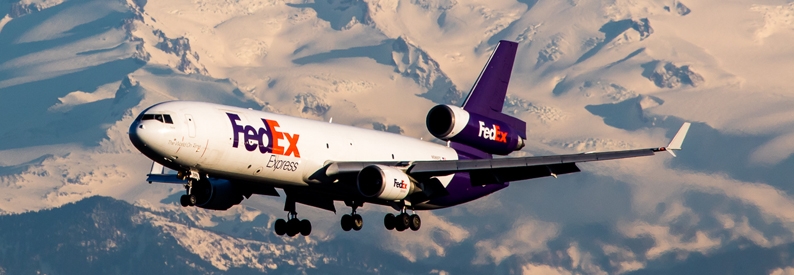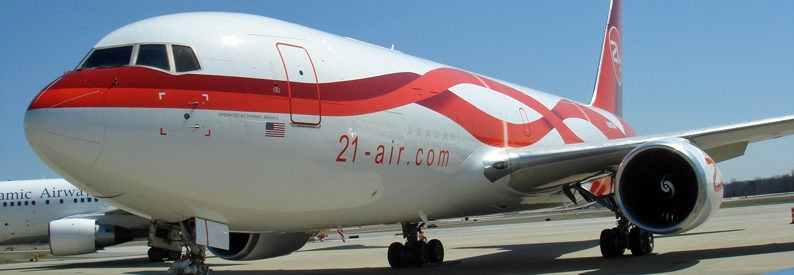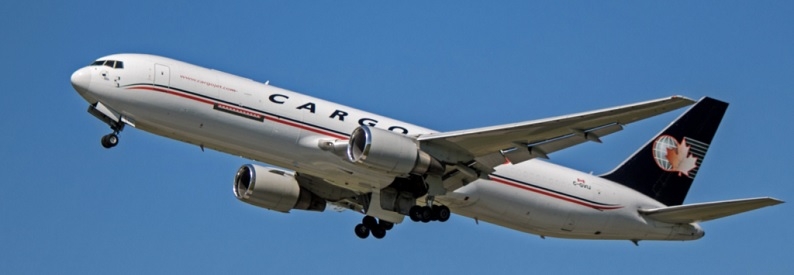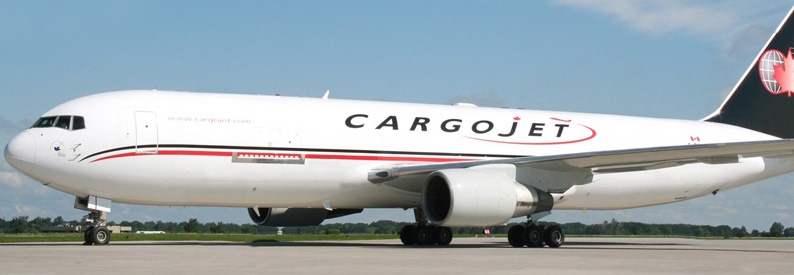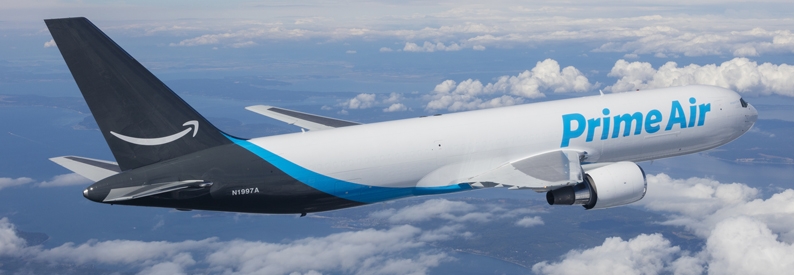Most pilots at Canada's Cargojet Airways (W8, Hamilton, ON) have voted against the carrier's bid for an exemption from new pilot fatigue rules imposed by regulator Transport Canada.
Some 65% of Cargojet's 283 pilots on May 12, 2021, voted against supporting Cargojet’s bid, said union Unifor, adding the pilots had "no intention of allowing unsafe flight and duty time regulations”.
However, the company in a letter to the union seen by Reuters has warned it may lay off up to 130 pilots and move part of its operations from Canada to the United States unless it wins exemption from the costly rules.
Cargojet did not immediately respond to requests for comment from ch-aviation. Reuters said Transport Canada last week said it had not yet received an exemption request from Cargojet.
The Ontario-based cargo specialist, which reported 30% higher quarterly revenues of CAD160.3 million (USD130.7 million) in 1Q21, has hired more than 60 pilots in the past three to four months to meet stronger demand and comply with Canadian fatigue rules that went into effect for major carriers in December 2020. These shorten the number of hours pilots can work at night and extend their rest periods, among other conditions. This has added significant labour costs to all flight operations. Canada’s smaller and regional operators have until December 2022 to comply with the new regulations.
But while US cargo pilots have restrictions in their contracts to prevent fatigue, they are not comparably covered by federal regulations. That disparity is a sore point for US unions, including the Air Line Pilots Association, Int’l (ALPA), which want the same US rules that protect against fatigue in the cockpit of passenger airlines to also cover cargo operators.
ALPA in a letter to the management of Cargojet and Unifor, urged them not to weaken the newly developed Canadian flight, duty, and air safety requirements. Ahead of the vote, ALPA in a statement expressed concern that Cargojet was not only seeking exemptions to these newly implemented requirements, “but also engaging in intimidating tactics to influence pilot support of this ill-advised plan”. “I am deeply troubled that Cargojet may be using the threat of layoffs and downgrades to convince pilots to support this plan that would weaken safety and put pilots at risk, this coming at a time when your airline has reported significant profits. The regulations in place today are the culmination of years of work and collaboration among all stakeholders in our industry,” wrote ALPA President, Joe DePete.
Cargojet earlier this month said it was looking to invest in a startup US cargo airline to take advantage of the e-commerce fueled upswing in the US express cargo industry. US law restricts commercial air operations within two points in the country to domestic carriers, preventing Cargojet from covering many US routes under its current license. As previously reported, Cargojet operates flights for Amazon.com, DHL Express, and Purolator Courier, but is diversifying its client base as many smaller retailers switched to online during the pandemic.
In 2018, after years of advocacy from industry stakeholders including ALPA, the Air Canada Pilots Association, and Unifor, Transport Canada announced updated regulations based on a staggered implementation timeline.
Since December 2020, pilot fatigue restriction in Canada include:
- Monthly: No more than 112 flight hours in any 28 consecutive days;
- Quarterly: 300-hour limit for 90 days;
- Yearly: 1,000 flight hours in any 365 consecutive days.
Airlines are also encouraged to introduce an optional Fatigue Risk Management System (FRMS) that enables them to identify sources of fatigue and manage related risks.
- Type
- Base
- Aircraft
- Destinations
- Routes
- Daily Flights

